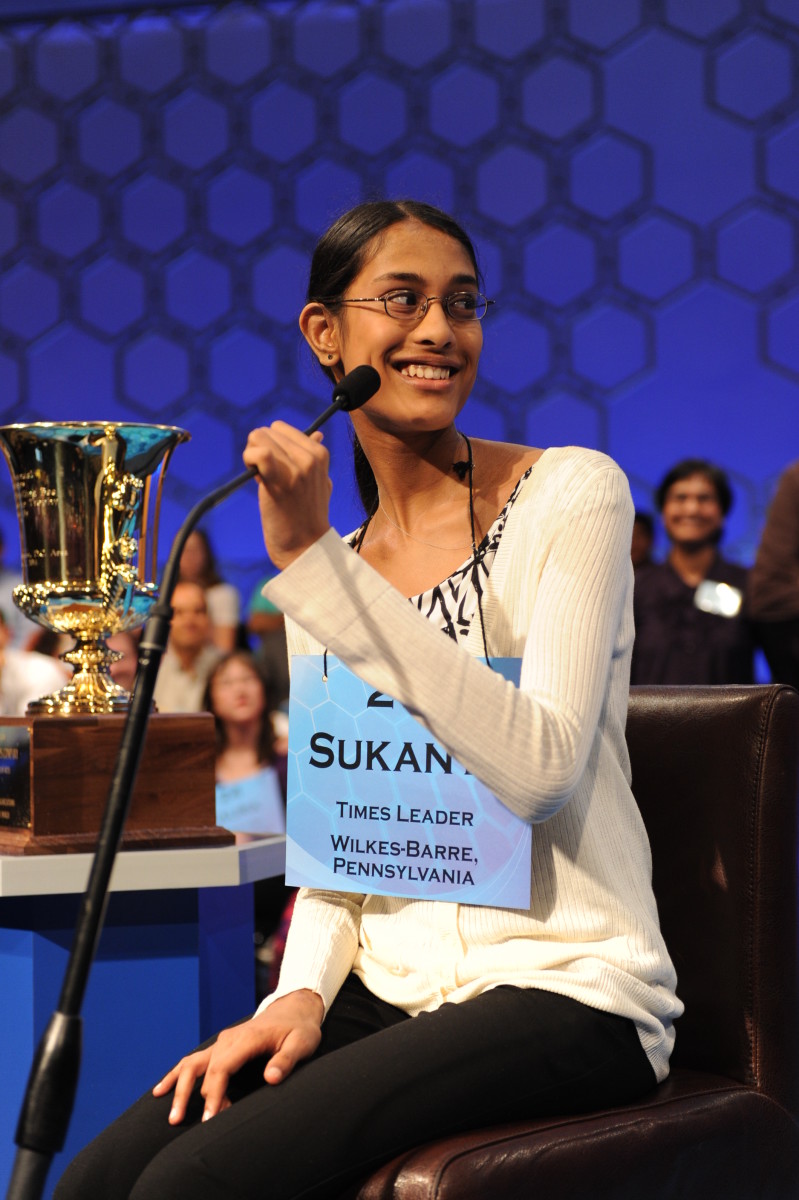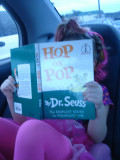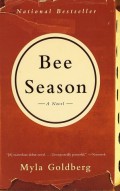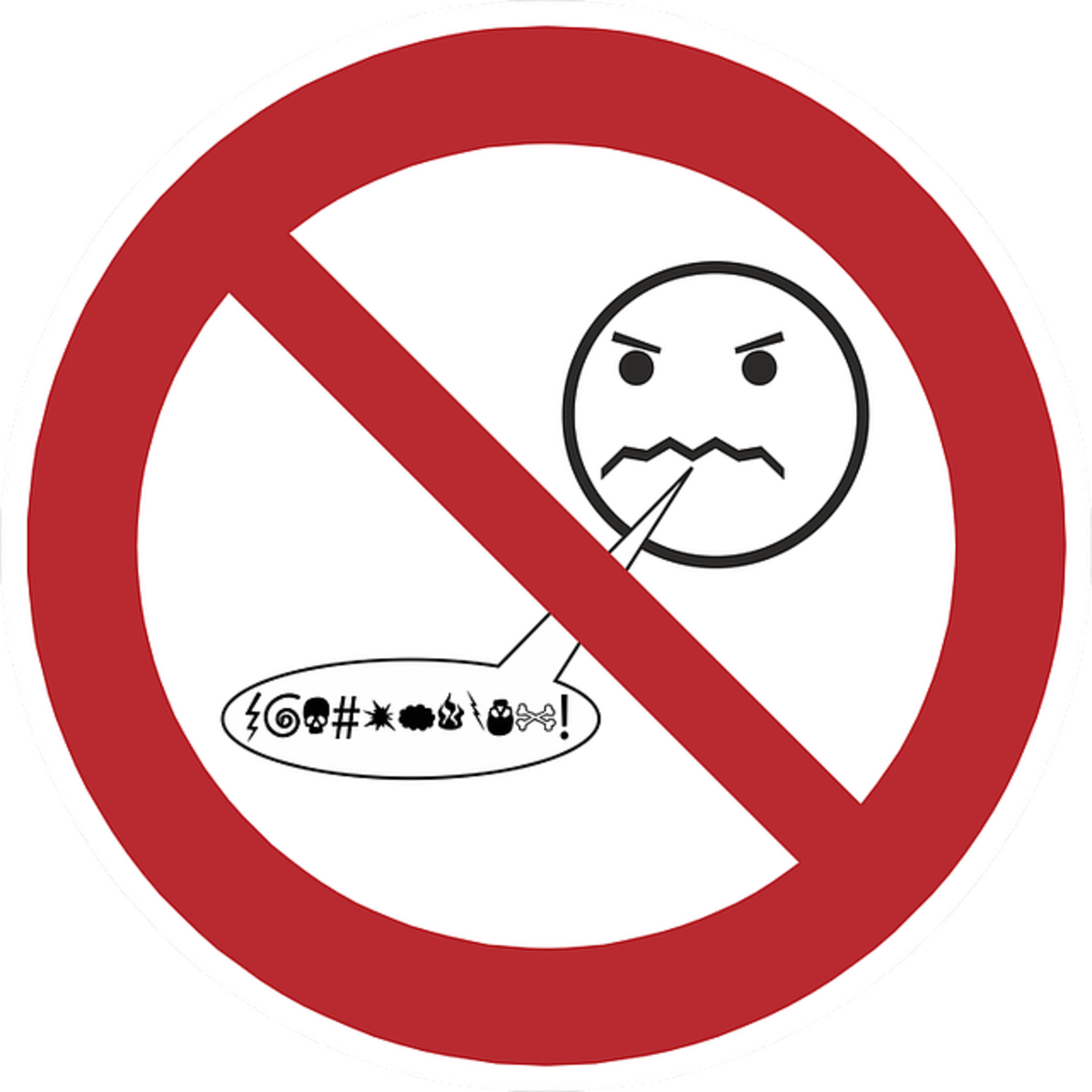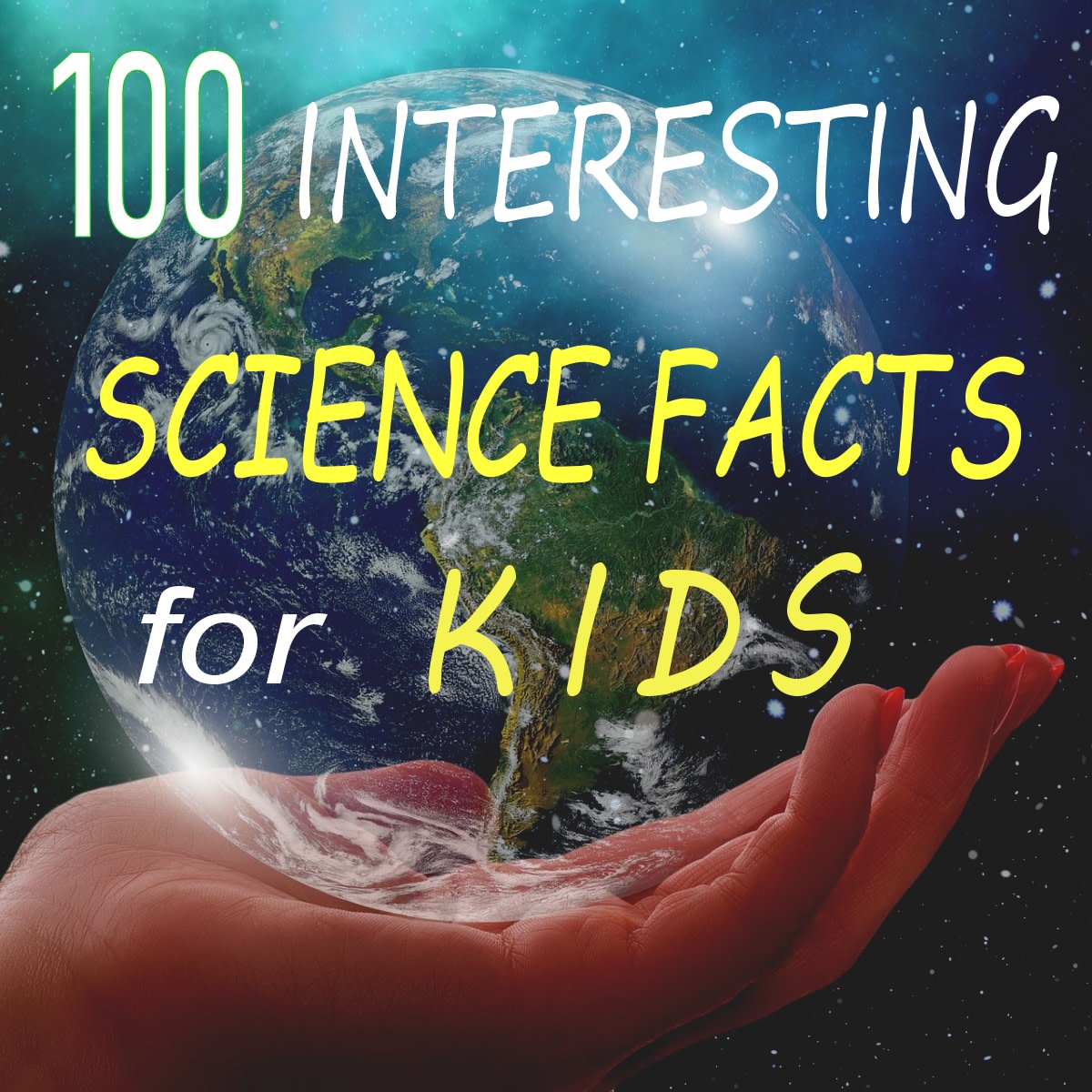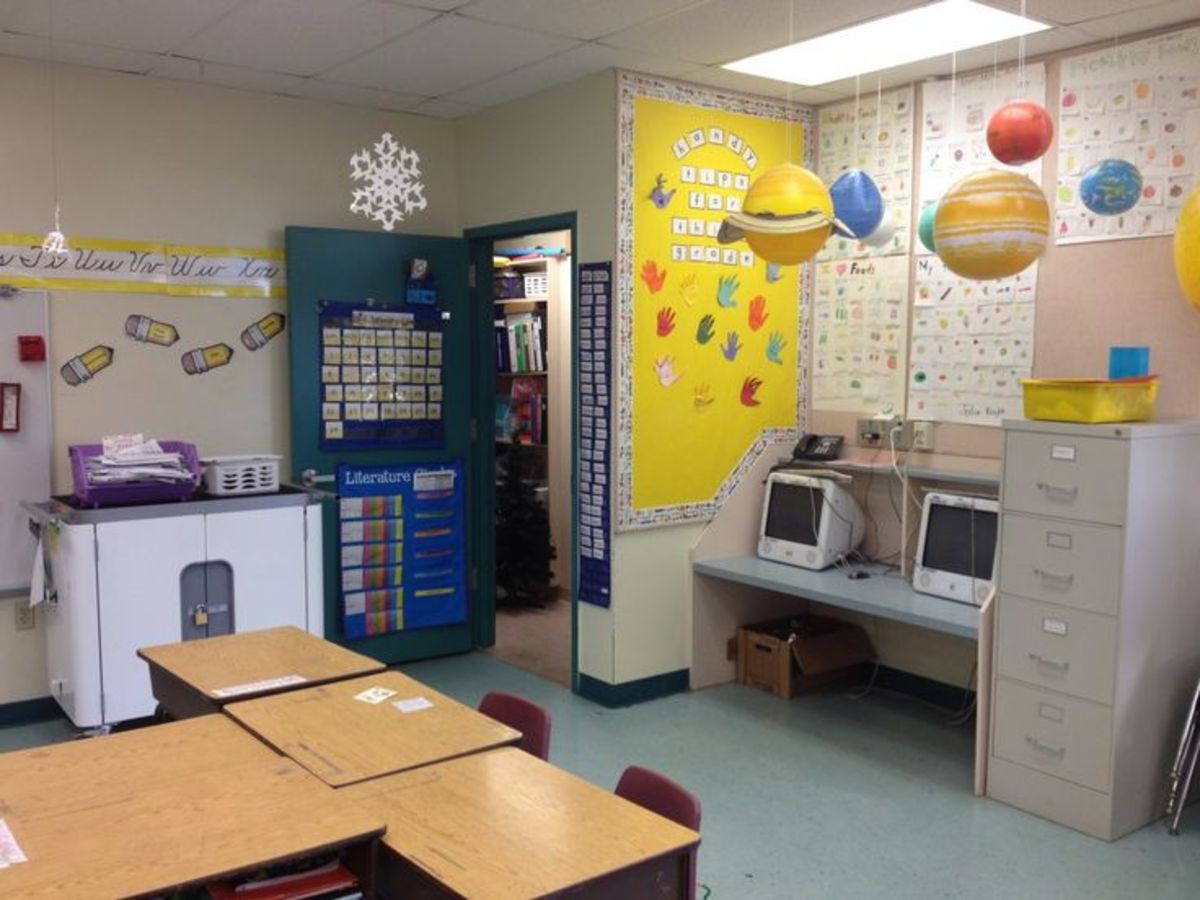Spelling and Reasons for Participating in Spelling Bees

Breaking My Third Person Viewpoint Code
As an Internet writer, I very much adhere to the article-writing code of using third person viewpoint, but for this particular article, I'm breaking my own strict code to use, instead, a first person viewpoint. This article is about a survey I took long ago, in 1987 to be exact, to find out more about why elementary and middle-school students participated in their classroom and school spelling bees.
Spellers of Yesteryear
In my own younger school days, teachers conducted competitive classroom spelldowns to boost our skills in spelling. Eventually, when my two children launched themselves into classroom spelling challenges, as well as county competition, I mentored them at home with spelling lists that they practiced almost every night.
In the 1980s, I worked for the Northwest-Signal newspaper in Napoleon, of Henry County, Ohio, as a feature writer and a sports reporter. One day, I pitched the idea of an article on school spelling bees to my editor. I would interview children from the various southern Henry County schools -- Holgate, Hamler, Malinta, and Deshler -- which were on my reporting beat, and write my article based on the experiences of the children themselves.
Not long ago, I came across the numerous written interview sheets I had handed out to those school children to answer briefly my key questions about their spelling bee participation. Indeed, I am a saver of all things pertinent to my writing aspirations. Thus, in my "Holgate box", I found those papers of yesteryear, and as I read them, once again I realized a gambit of emotions and expressions from these children who had put themselves into positions and mindsets to become better spellers.
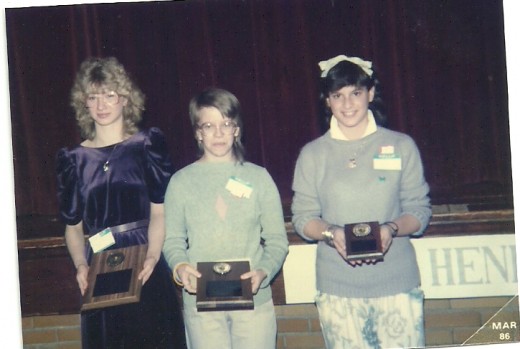
Challenge and Competition
The southern Henry County high schools long had been consolidated by the time I conducted my Spelling Bee Survey of 1987. In my yesteryear, each Henry County school had its own high school and county competition among those schools in sports and academics was fierce.
Things hadn't changed in the area of competition by 1987, however, as the students from the third grade through the eighth grade whom I interviewed, most often sited the challenge and competition provided in a spelling bee as their main motivations to participate. Some were in the bee to become better spellers; some wanted their parents to be proud of them; and at least one seemed bent on trying until she was successful.
That latter student turned in the following interview sheet:
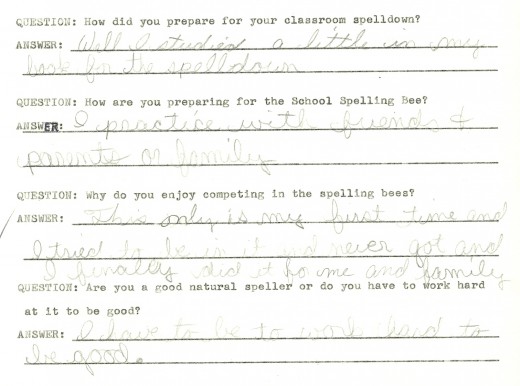
This interview was written by a 12-year-old Spanish sixth grader attending Malinta-Grelton Elementary School, one of the smallest schools in Henry County. The reason I mention her ethnicity is that Henry County was one of many in which Spanish laborers worked as tomato pickers for many years before their families were able to settle in the area and send their children to school. This little speller was the only one to express herself in the manner displayed on her interview sheet. I believe she spoke eloquently, if not perfectly, to the idea and to the dream of improvement and not giving up, as taught to her by generations of families rooted in migration and faced by great challenges.
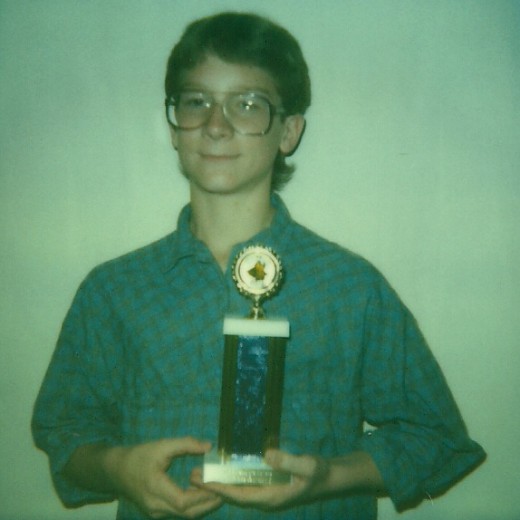
Fun, Trophies, and Parental Encouragement
Numerous students who answered my interview questions sited "fun" and "challenge" as their reasons for entering spelling bees. About half of them said they had to work "very hard" to become good spellers, while the other half stated they needed to work less because they were "natural" spellers.
My abilities in spelling and English were "natural", handed to me by my Mother's genes of the same nature. My children, one boy and one girl, were also good natural spellers, but they took nothing for granted and practiced quite hard on their spelling lists before Spelling Bee dates.
My interviewed students also stated they worked with spelling lists provided by their teachers, and received support and willing helpers at home to master those lists. A third grader said she enjoyed competing in spelling bees "because I learn new words", and a fifth grade student said, "It's fun and my mom is glad if I'm in it".
A couple of answers quoted the age-old desired reward for accomplishment in any competition: "Because I like to see if I can get a trophy".
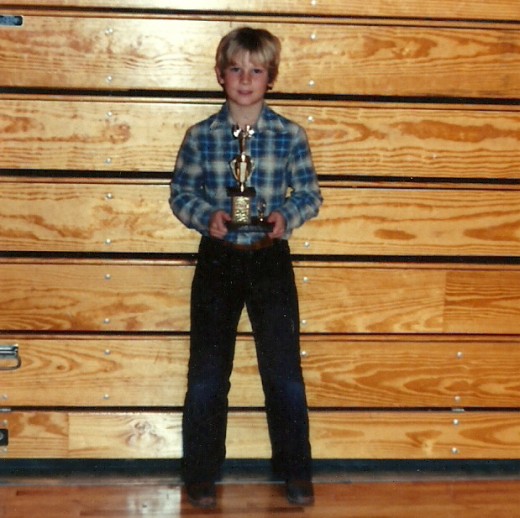
Spelling is "testing and a lot of competition" said a 13-year-old Deshler seventh grade student who had already placed second and third in his School Spelling Bee in two previous years, as well as placing fourth in the Henry County Spelling Bee. A strong work ethic wasn't lost on this speller, as he answered my question on whether he was a natural speller or had to work hard to be a good speller like this: "I am a good speller but I still work because I think no matter how good you are you still have to study".
He attributed his spelling bee preparations to continuously going over the words in his spelling book and to spelling list help from his "mother, brother, sister, and father".
I also liked the thoughts of the following sixth grader:
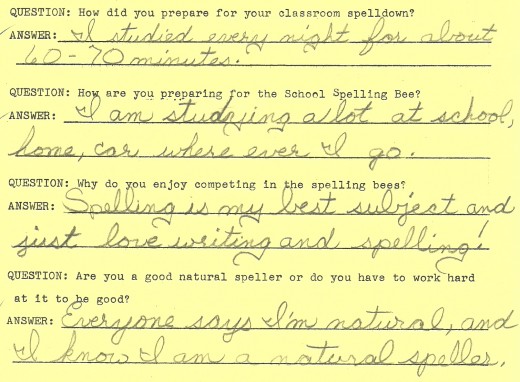
He had already finished third in his School Spelling Bee three years earlier, but the hard work necessary to maintain good spelling obviously had made an impression on him, as he was studying "where ever I go".
A fourth grader mentioned another worthy study practice on her interview sheet. "I am marking the words that I don't know," she said, and she was "studying the words" in question, she added.
A sixth grader said she studied "one section" of her spelling book, "then someone asks me the words".
"Because you learn to spell a lot of words, big words especially and it's fun being able to be in it," said a fifth grader about her reason for participating in spelling bees.
"My mom told me to read through the list of words and it worked," said a third grade student in answer to my question about how to prepare for a classroom spelldown.
Another stunning answer as to why competition appeals was declared by this fifth grader: "Because I feel good about myself".
"It's very exciting because you can learn more," said a third grade student.
A fourth grader gave this astute evaluation: "Because I think it is to learn to spell words and the Spelling Bee makes it even more fun".
Alas, that learning should be fun!
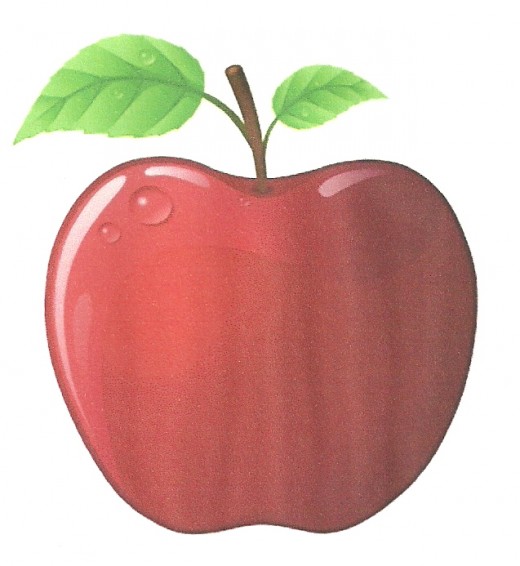
Spelling
Much of spelling is "seeing" the word in its exact form. The habit of not focusing on a word, or half-seeing it, many times leads to misspelling that word in the future.
The students I interviewed were very much keyed into studying their spelling words by using spelling lists given to them by teachers, by having family members repeat words to them, or even, as one seventh grade boy said, by "saying them (the words) to myself".
The seventh grader was a three-time previous placer in his School Spelling Bee, including a first place finish as a fourth grade student in both his school bee and the Henry County Spelling Bee.
Saying words to learn to spell them is a good practice. The use of phonetics became popular when I was in elementary school. Investigations show that only 22% of commonly used English words are non-phonetic. That means 78% are spelled as they sound and pronounced as they appear; they are phonetic.
It also has been learned that 8,000 to 10,000 words make up the average person's vocabulary, but that the same persons' writing vocabulary contains just 4,000 to 5,000 words. Yet President Woodrow Wilson used as many as 60,000 different words in his total written works, while using 6,200 different words in 75 speeches.
While I'm not certain that any of my interviewed students became Woodrow Wilson-like, I remain convinced that they competed and succeeded in their spelling lessons and spelling bees through their willingness to challenge themselves to learn.
See my article "The Bliss of Correct Punctuation"
- The Bliss of Correct Punctuation
How to correctly produce a very long sentence. View a precedent for and the joy of the long-long sentence and its meaning, by James Fenimore Cooper.

